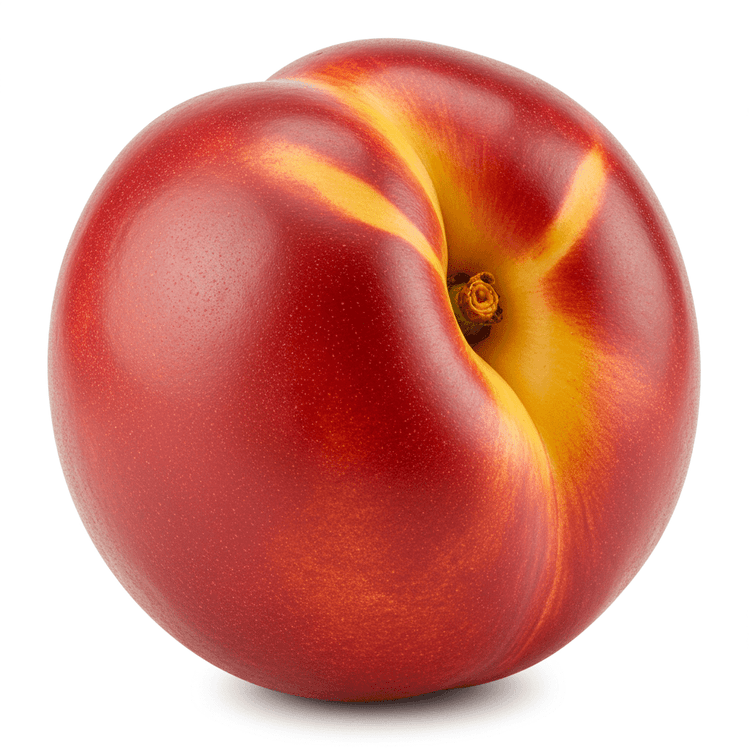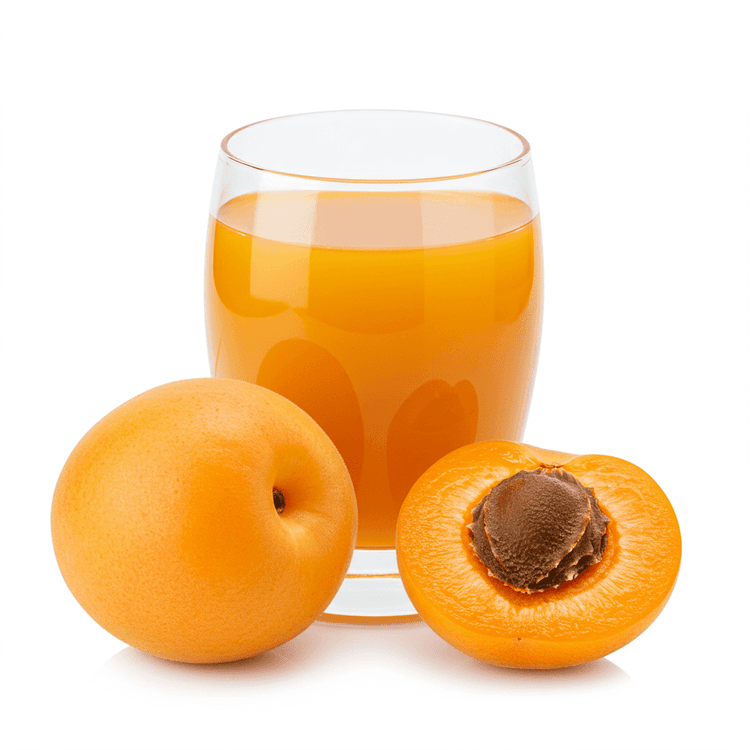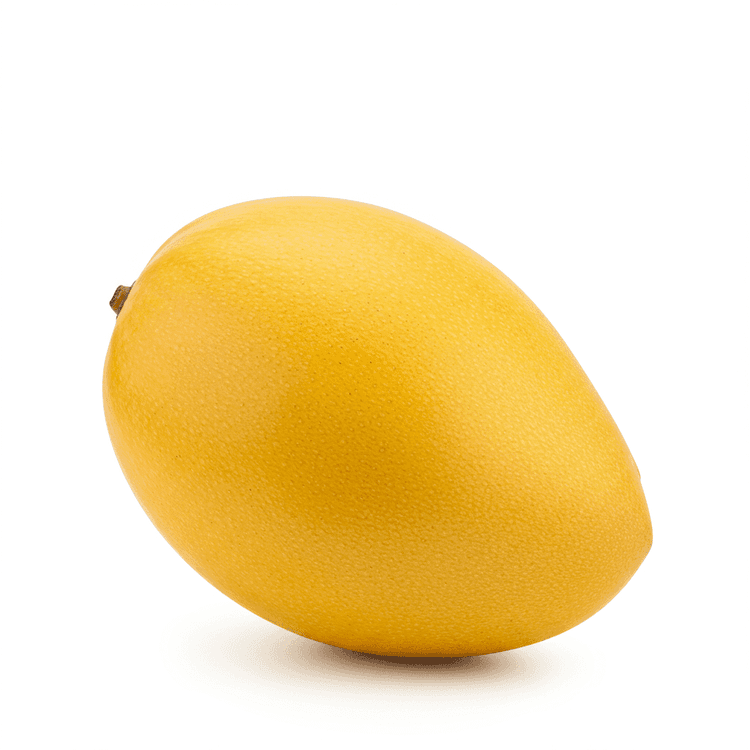
Nectarine
A nectarine is a delicious stone fruit closely related to the peach, but with a smooth, fuzz-free skin. Its vibrant skin ranges from deep red to yellow, often with a beautiful blush. The flesh is juicy, sweet, and slightly tart, offering a delightful flavor profile. Nectarines are a good source of vitamins and fiber, making them a healthy and flavorful addition to any diet. Enjoy the succulent taste and smooth texture of fresh nectarines in your favorite recipes or simply as a refreshing snack.
Common Uses
- Nectarines are perfect for grilling or roasting. Grilling nectarines brings out their natural sweetness, creating a caramelized exterior and tender interior, ideal for salads or desserts. Roasting nectarines enhances their flavor and softens them, making them a delightful topping for yogurt, oatmeal, or ice cream.
- Sliced nectarines add a burst of juicy sweetness and vibrant color to summer salads. Combine them with leafy greens, goat cheese, nuts, and a light vinaigrette for a refreshing and healthy meal.
- Use nectarines to create delectable jams, preserves, and chutneys. Their natural pectin content helps with thickening, resulting in a flavorful and aromatic spread for toast, scones, or crackers.
- Nectarines are a fantastic addition to baked goods like pies, crumbles, and cobblers. Their sweetness and slightly tart flavor complement other fruits and spices, creating a comforting and satisfying dessert.
- Puree nectarines to make refreshing smoothies or cocktails. Their smooth texture and sweet taste blend well with other fruits, yogurt, and ice, creating a healthy and delicious beverage.
- Nectarines can be enjoyed fresh as a healthy snack. Their portability and naturally sweet flavor make them a perfect grab-and-go option for a quick energy boost and a dose of vitamins.
Nutrition (per serving)
Nutrition (per serving)
Calories
67.2kcal (3.36%)
Protein
1.5g (3.08%)
Carbs
15.8g (5.76%)
Sugars
11.9g (23.74%)
Healthy Fat
0.4g
Unhealthy Fat
0.0g
% Daily Value based on a 2000 calorie diet
Nutrition (per serving)
Calories
67.2kcal (3.36%)
Protein
1.5g (3.08%)
Carbs
15.8g (5.76%)
Sugars
11.9g (23.74%)
Healthy Fat
0.4g
Unhealthy Fat
0.0g
% Daily Value based on a 2000 calorie diet
Health Benefits
- Good source of Vitamin C, boosting the immune system and acting as an antioxidant.
- Rich in Vitamin A, promoting healthy vision and skin.
- Contains dietary fiber, aiding digestion and promoting gut health.
- Provides potassium, which helps maintain healthy blood pressure levels.
- Contains antioxidants that help protect cells from damage caused by free radicals.
- Supports heart health due to its potassium and antioxidant content.
Chefadora AI is here.
Experience smarter, stress-free cooking.
Storage Tips
Nectarines are best stored at room temperature until ripe. To speed up ripening, place them in a paper bag. Once ripe, store them in the refrigerator to prolong their freshness for up to a week. Avoid washing nectarines until just before eating to prevent them from becoming mushy. For longer storage, nectarines can be frozen. Wash, pit, and slice them before freezing in a single layer on a baking sheet, then transfer to a freezer bag or container.
Marnirni-apinthi Building, Lot Fourteen,
North Terrace, Adelaide, South Australia, 5000
Australia











